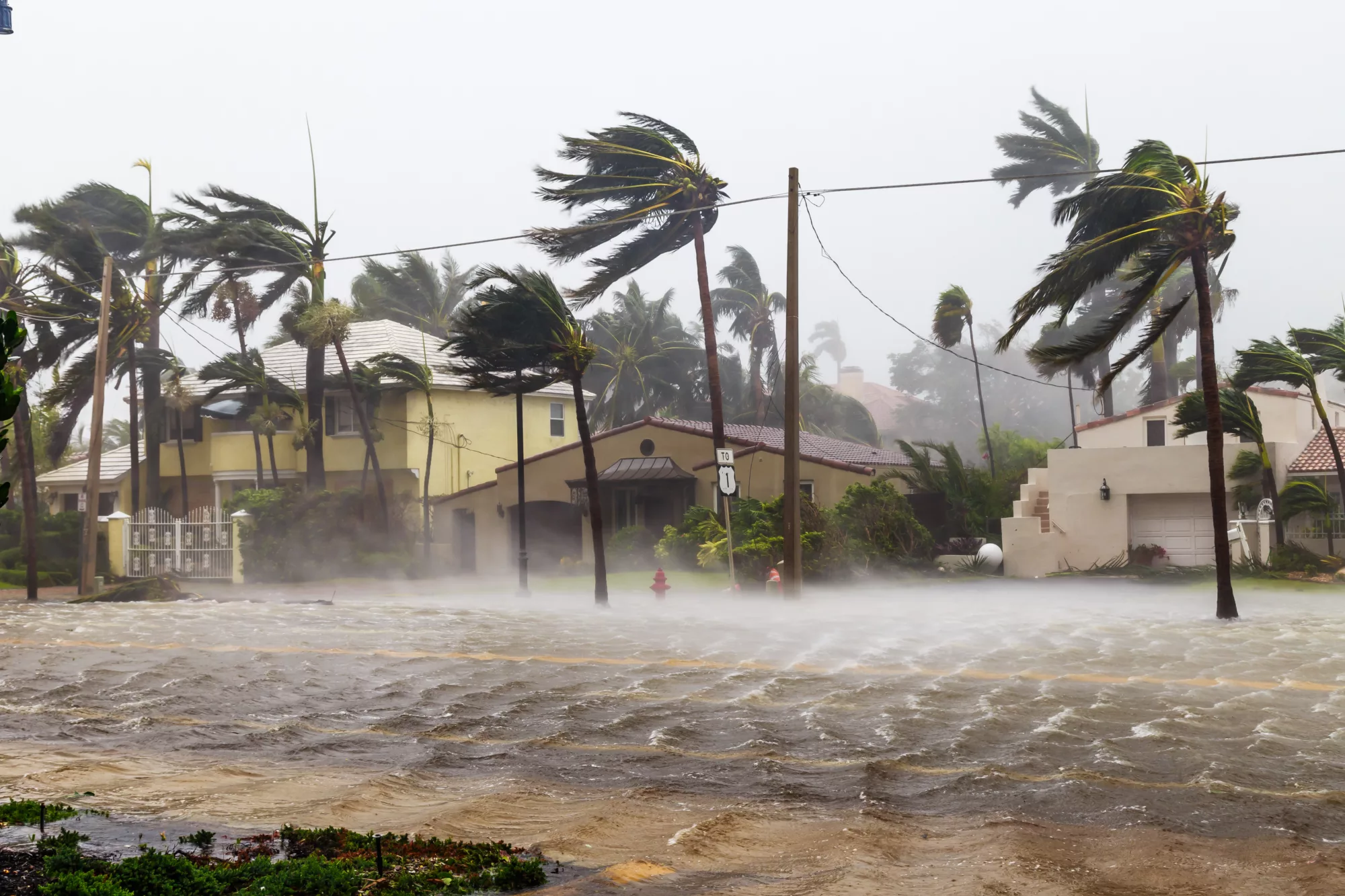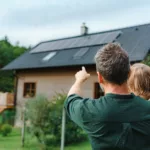All across America, homeowners are going solar. It should come as no surprise that Florida is at the forefront of this solar revolution. After all, what better place for solar power than the Sunshine State? Of course, Florida is known for more than just sunny weather. What about hurricanes? Can Florida homeowners expect their solar power to withstand high winds and driving rain? In short, are solar panels hurricane-proof?
The brief answer is yes—solar panels are fully capable of surviving a hurricane. Let’s talk about why.
Key Takeaways
- Quality solar panels are designed to withstand even the most extreme weather, including hurricanes.
- Florida building codes generally require solar companies to install hurricane-proof solar panels.
- By following a few basic best practices, you can protect your solar panels and keep the lights on year-round.
Are Solar Panels Hurricane-Proof
Can solar panels withstand Hurricanes? Yes, solar panels are built to withstand the effects of a hurricane, including:
- High winds
- Rain
- Flooding
- Hail
There are plenty of real-world examples to back this up, too. Let’s look at some highlights.
- When Hurricane Sandy hit New Jersey in 2012, the state had 103 megawatts worth of solar power capacity installed. Once the devastating storm had passed, analysts found that Sandy had done virtually no damage to New Jersey’s solar power systems.
- When Hurricane Florence reached North and South Carolina, many residents found themselves without power for weeks as traditional energy providers struggled to restore operations. However, the day after the storm, solar power was already up and running again.
- In 2017, Denver was subjected to an unusually severe hailstorm, with baseball-sized hailstones pelting the city. After the storm, the Denver-based National Renewable Energy Laboratory reported that out of the 3,000 solar panels located on their rooftops, only one showed any sign of damage.
For Florida homeowners, the best example of the resilience of solar power comes from Babcock Ranch. Located about 12 miles from Fort Myers in Charlotte County, Babcock Ranch bills itself as “America’s first solar-powered town.” And with more than 700,000 solar panels generating 100% of the town’s power, that’s no idle claim.
In 2022, Hurricane Ian hit Florida. The storm knocked out power for millions of homeowners in the state, including 90% of Charlotte County. But in Babcock Ranch, residents suffered no loss of power. Hurricane Ian uprooted trees and tore shingles from roofs—but the lights stayed on.
Time and again, solar power has proven resilient and reliable in the face of even the harshest weather. Solar companies have a vested interest in ensuring the panels they install are hurricane-proof, too. So how do Florida installers guarantee the best results for their customers? Let’s take a look.
How Installers Ensure Solar Panels Are Hurricane-Proof
Building Codes
Most Florida municipalities regulate the installation of solar panels. This is especially true in areas that are vulnerable to hurricanes. For example, contractors operating in the Orlando area must adhere to strict rules for what panels can be installed—and how. These rules ensure that all solar panels can withstand hurricane-level weather.
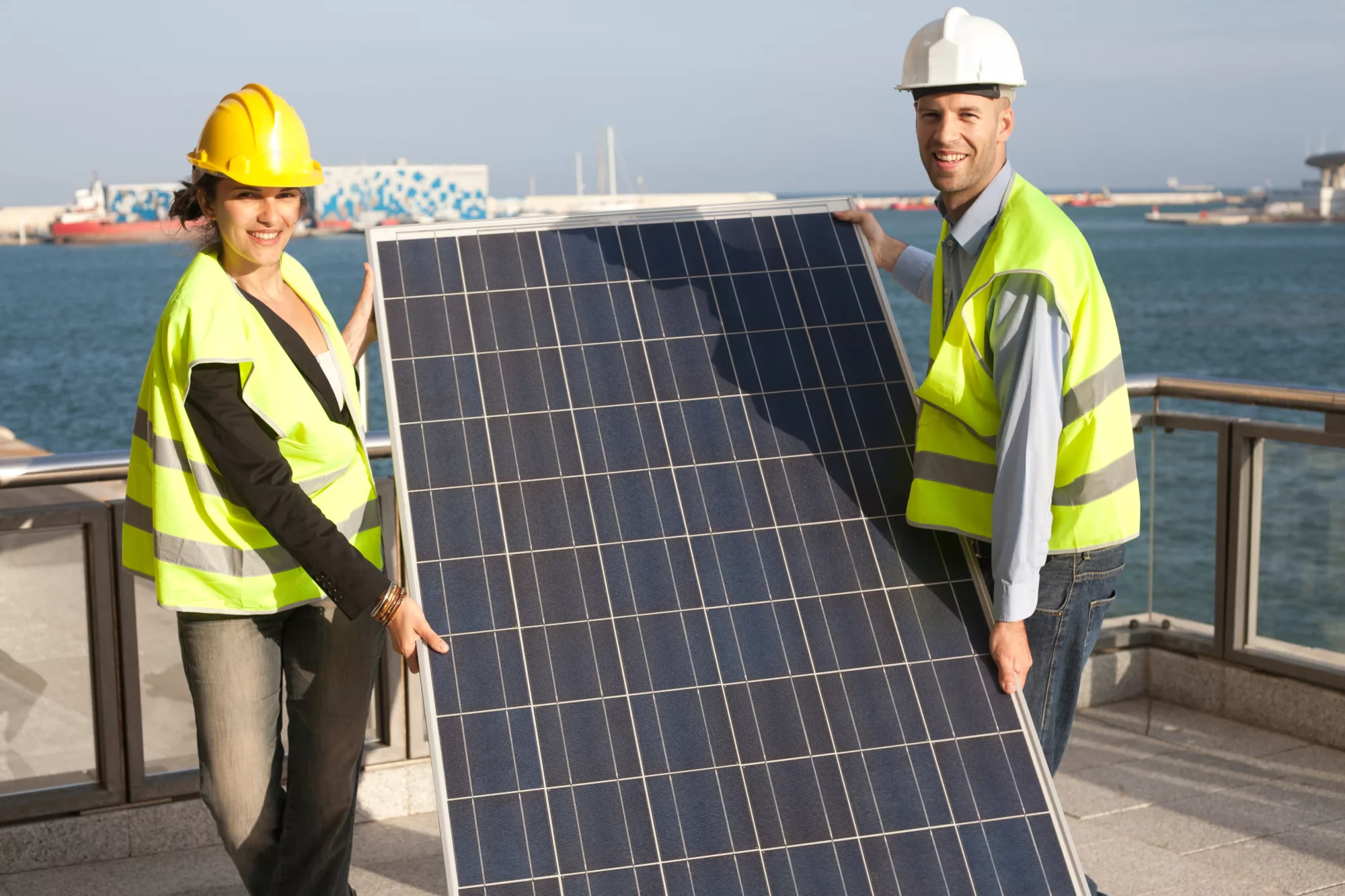
Quality Panel Design
While all solar panels are expected to be resilient, some are specifically designed for hurricane-prone areas. Solar panels installed in Davenport, Poinciana, or Sanford will need to meet higher standards than they would in Cleveland. Needless to say, Florida solar companies know to use only hurricane-proof solar panels. In addition to this, a flexible racking and anchoring system will help the panels bend under high winds instead of breaking.
Roof Inspection
Solar panels are only as secure as the roof they’re anchored to. A solar panel installer will always start the process by inspecting the roof to make sure it’s ready to hold solar panels safely. In most cases, the installer will make any necessary improvements themselves before installing the panels. (This is a standard part of our offerings at Current Home.)
Secure Installation
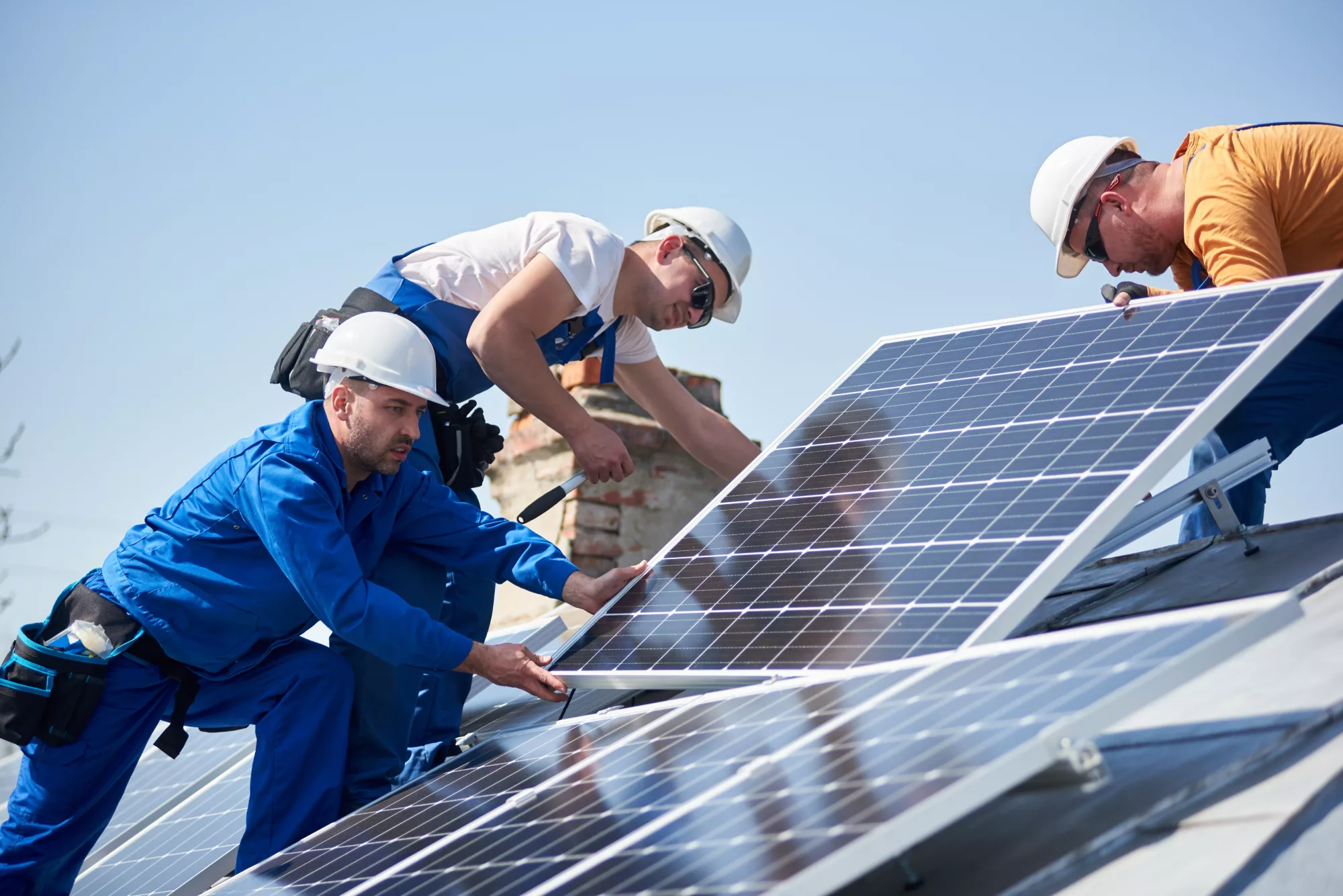
An experienced solar panel installer will choose the best spot on a roof to generate efficient power while minimizing the risk of damage. Then, they will bolt the racking system directly to the rafters of the home, ensuring that the panels are held firmly in place. When this is done right, the panels will be secure even in hurricane-force winds.
Are you interested in learning more about Florida solar installation? Find out how the Current Home process works.
How to Prepare Your Solar Panels for a Hurricane
As a Florida homeowner, your solar panels will probably fair just fine during a hurricane. However, there are steps you can take to protect your panels even more.
- Store anything that could become a projectile—such as lawn chairs, toys, or a picnic table—before a storm. Flying debris is the most common cause of damage to solar panels.
- As soon as your solar power system is installed, add it to your homeowner’s insurance. Make sure that your policy covers natural disasters.
- Do not try to cover up or remove your solar panels before a storm. This could cause more damage than the wind or rain.
- Consider purchasing a backup solar battery to ensure your power stays on in the event of a blackout.
What to Do To Your Solar Panels After a Hurricane
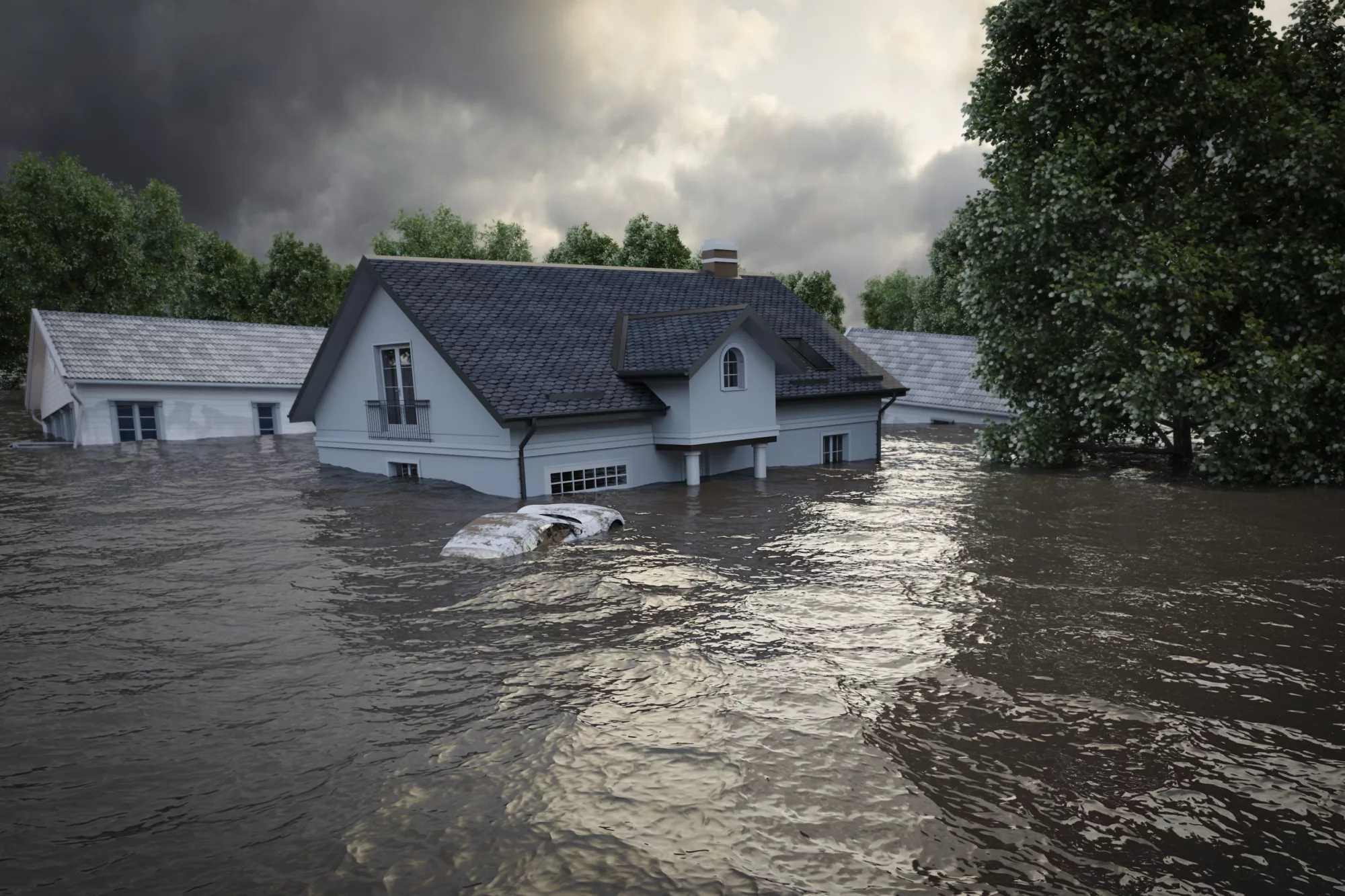
- Once the hurricane has passed and everyone is safe, check your solar panels to see if there’s any obvious damage. Compare their current state with the photos you took before the storm.
- Call your solar power provider to schedule an inspection. They will inspect the wiring, panels, mounting, and any related hardware to make sure everything is still working as it should be.
- If your solar power system was damaged in any way, file an insurance claim right away to protect your investment.
Weather the Storm With Solar Power
Are solar panels hurricane-proof? Yes. As long as you follow best practices for your area and work with a reliable solar power installer, you can rest easy knowing your solar panels will hold up in a hurricane.
Ready to add solar panels to your Florida home? Check out our financing options and schedule a free quote today!
